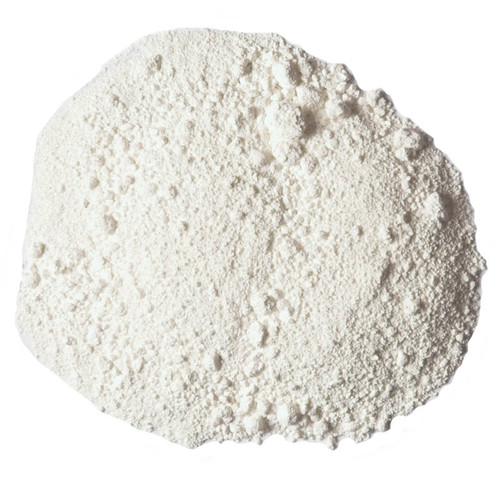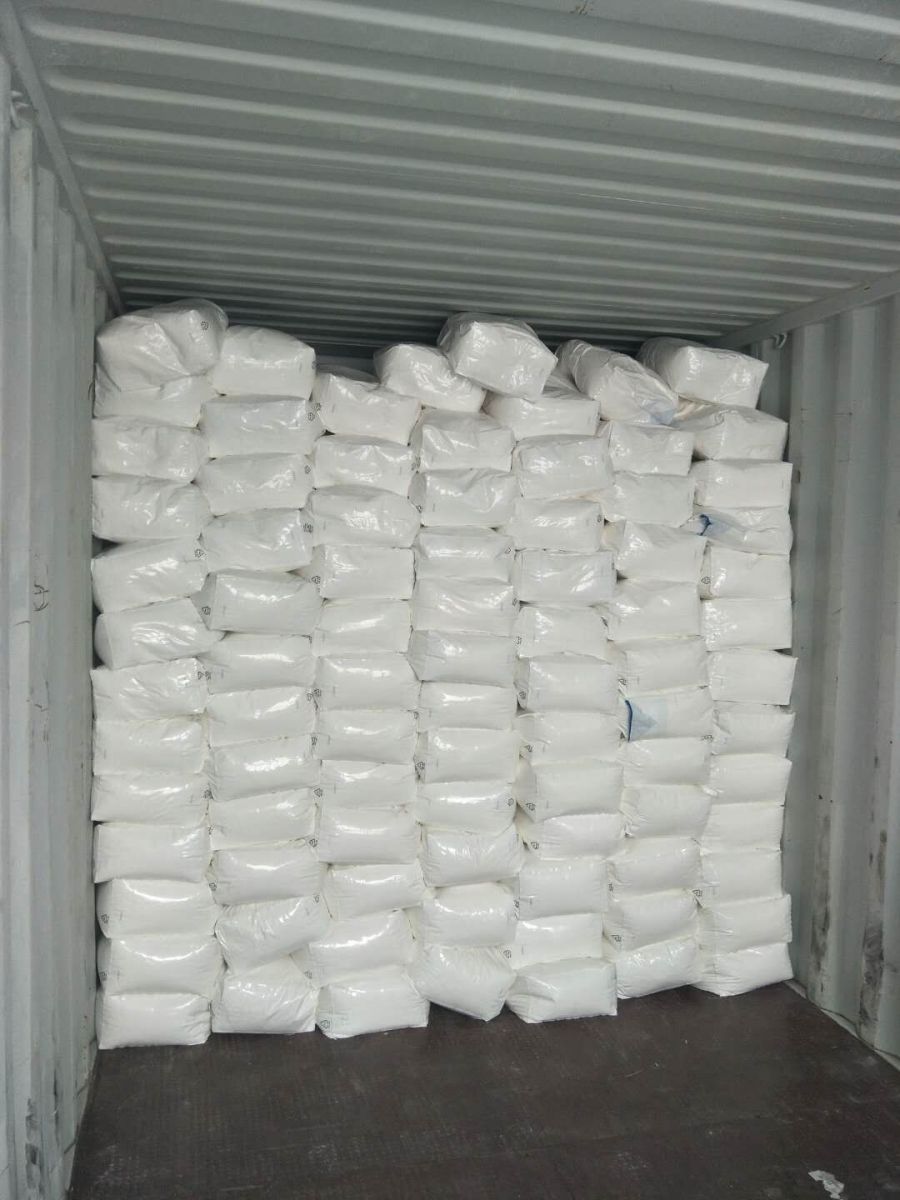Yes, there are several alternatives to polyacrylamide (PAM) for coagulation in water treatment processes. Here are a few notable ones:
1. Activated Starch
Activated starch has been investigated as a promising alternative to polyacrylamide-based polymers. It can be used as a coagulant aid for alum in treating low turbidity source water1. This biopolymer is environmentally friendly and can achieve similar performance to traditional PAM in certain applications.
2. Chitosan
Chitosan, derived from chitin found in the shells of crustaceans, is another biopolymer that has gained attention. It is biodegradable, non-toxic, and effective in coagulating and flocculating a variety of contaminants2.
3. Cellulose Derivatives
Cellulose-based flocculants, such as carboxymethyl cellulose, are also used as alternatives. These materials are abundant, renewable, and can be modified to enhance their coagulation properties2.
4. Lignin
Lignin, a byproduct of the paper and pulp industry, can be used as a flocculant. It is a natural polymer that is both cost-effective and environmentally friendly2.
These alternatives not only provide effective coagulation but also offer benefits in terms of environmental sustainability and safety.








